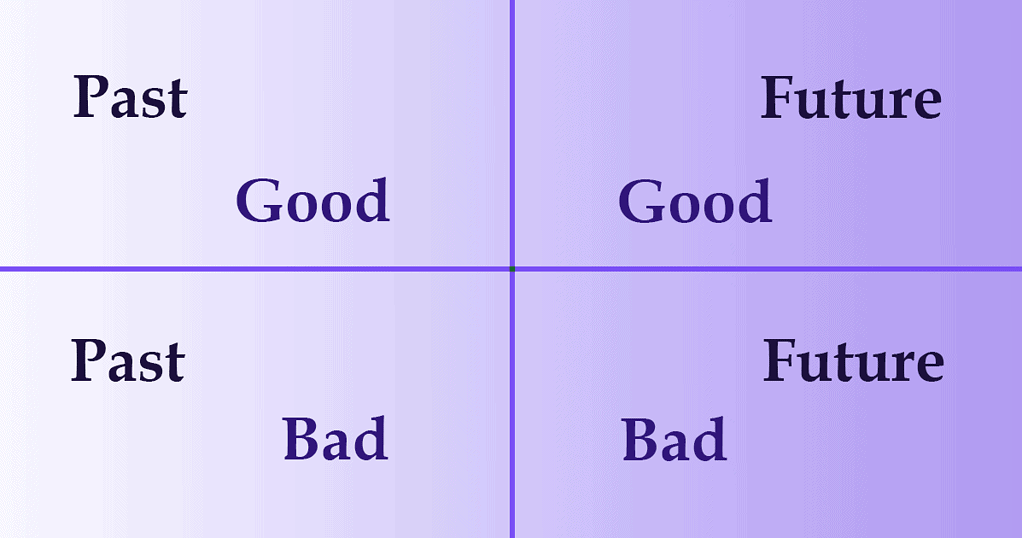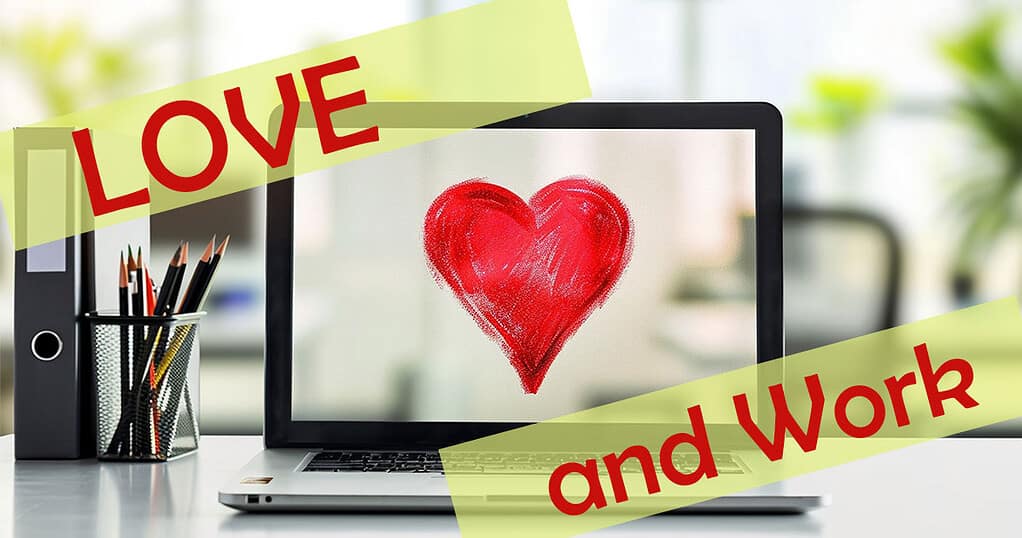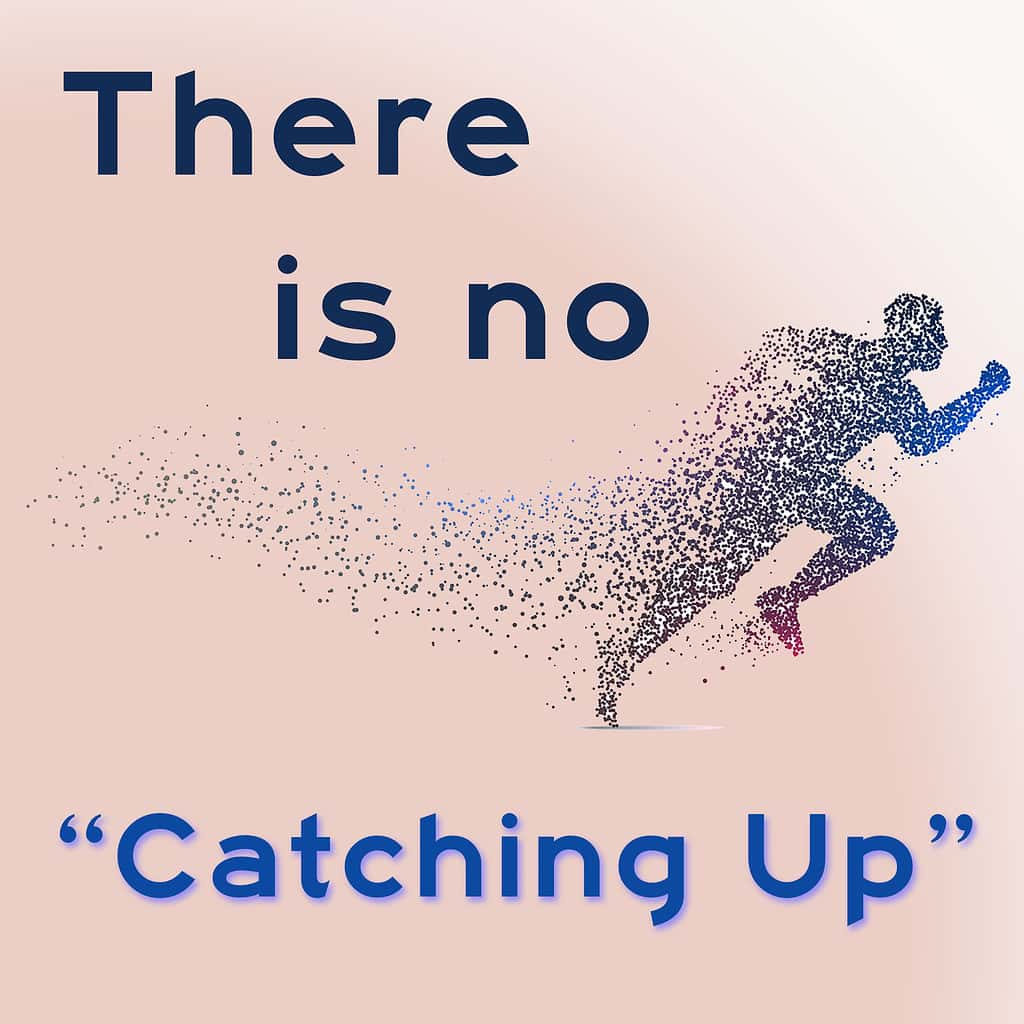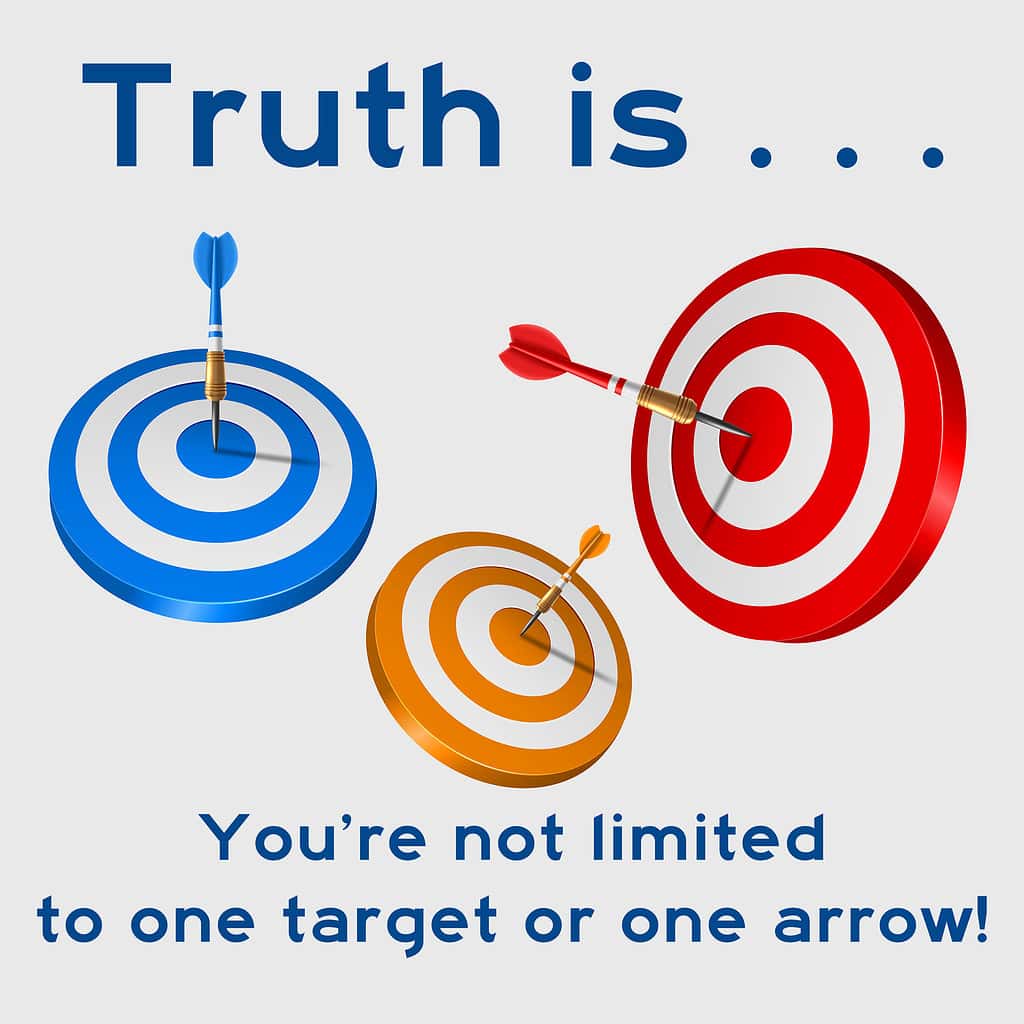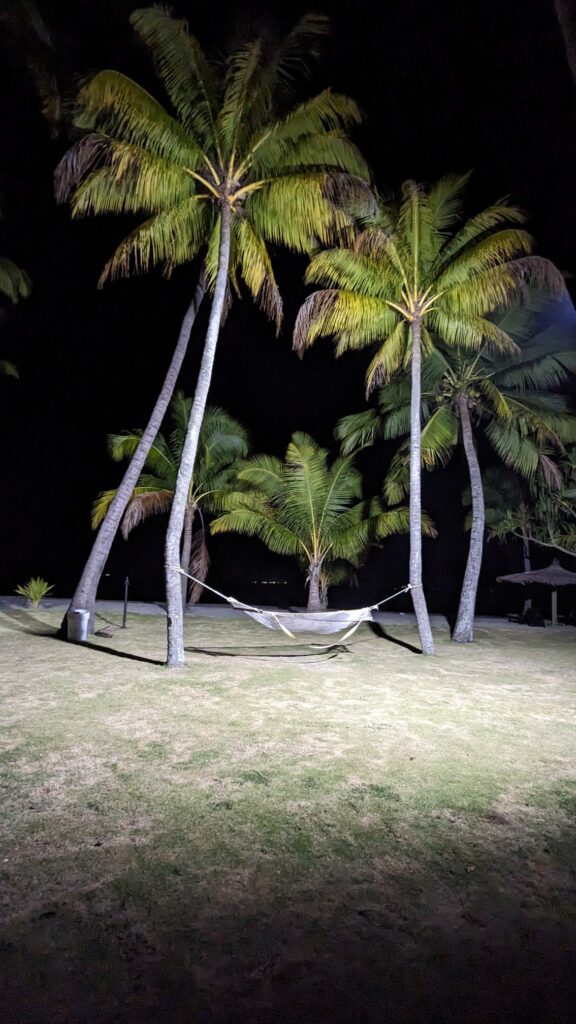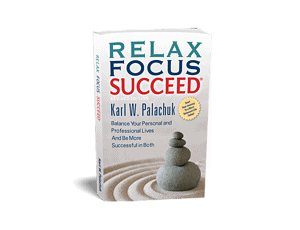I love to quote my friend Richard Tubb about documentation. Richard says, “The mind is a horrible place to store information.” This is true for a variety of reasons. Here are two:
First, we often rely on our memories when we are too busy to write something down or give it our full attention. So, quite often, we assume we’ll remember it. But we were busy. So the information either didn’t get stored, or it only got stored in short-term memory. Sometimes, it might get stored in the wrong place. In any case, it’s truly irretrievable. It’s gone.
Second, we often miss-remember. There’s a growing body of research that shows that we actually make up memories. We take bits and pieces that make sense to us. And we fill in the blanks with additional information that also makes sense. So, what you remember might not be anything like the information you thought you were storing.
“Information” aside, the brain does a pretty sloppy job of handling memories and experiences as well. This is due in large part to constant filtering. Right from the start, you might store an experience differently from what actually happened. This might be because it’s not very important to you, or you don’t want to remember things as they happened.
When we recall memories, we also apply filtering. As we pull them out of storage, we re-write them just a bit to fit within our world view and to provide consistency with other memories. And each time we recall and re-interpret them, we repave the neural pathways, reinforcing our personal version of what happened.
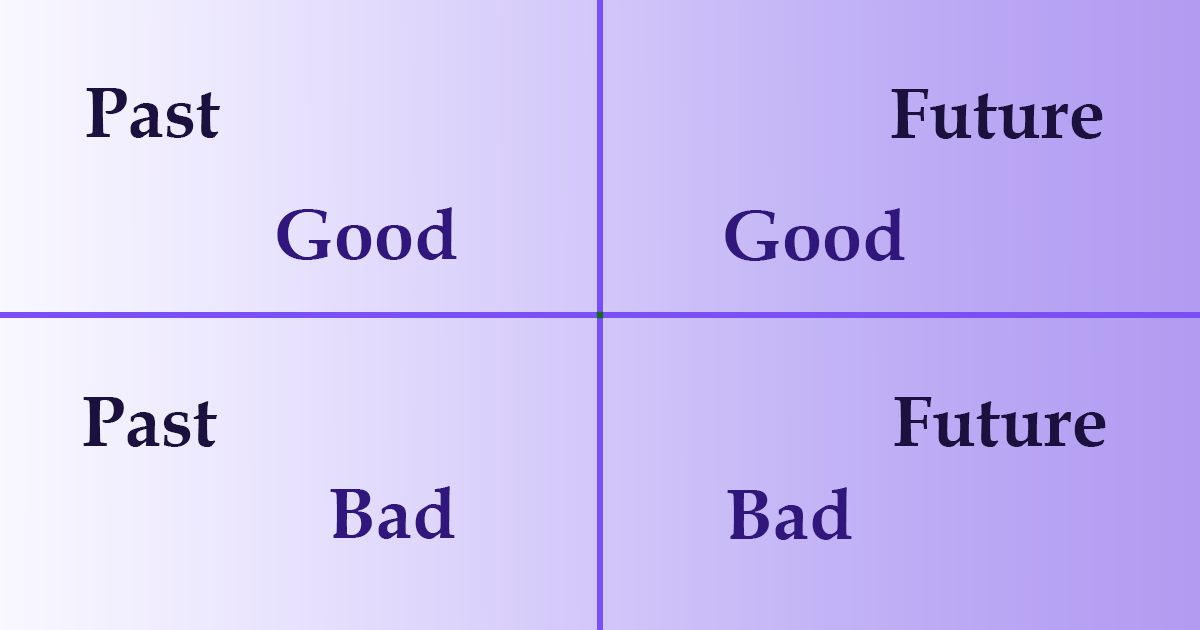
Why does any of this matter? Well, we humans think a lot. Even when there’s nothing to think about, our brains are constantly working.
And here’s the bad news: Most of the time, you are better off NOT thinking. But that’s not much of an option. Why do I say you’re better off not thinking? Well, consider your options. See Figure One.
If you’re thinking about the PAST, two things are true, and maybe three. First, you cannot change anything from the past. It’s gone. It’s done. It’s over. Re-thinking about the past over and over does no good. Second, every time you think about the past, you bring up your old mis-remembering. Thus, you reinforce your interpretation of the past.
And the third thing that might be true is that you might also spend time and energy wishing to change the past or go back to it. Your memories might be good or bad. You can’t go back to the good, no matter how good it was. And you can’t change the bad, no matter how much you want to. The worst thing you can do is to dwell on the past (good or bad). It can be an obsession.
Almost all problems in the lives of almost all humans for all of history are caused by dwelling on the past. Some people are trying to relive their glory days. Some are trying to escape bad events. Some are obsessed with the way other people have perceived them or how they were treated.
We all have to “get over” our past in some regard. You would think that you could simply choose to stop worrying about anything that happened before this moment in time, but that’s a lot harder than it sounds.
Now, if you’re thinking about the FUTURE, you are probably a little better off. But that has its own pitfalls. If you think about bad things that might happen, then you are borrowing worry based on a story you made up. If you think about good things that might happen, that’s probably a better place to be. Just don’t spend so much time dreaming about the future that you don’t take time to create it.
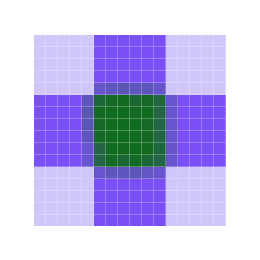
So what’s the alternative? If you look closely at the center of that graphic, you’ll see that there’s a tiny area right in the middle. It’s green. That place is not the past and not the future. It’s also not something you’ve interpretted as bad or good. It just is.
Figure two shows this tiny space close up. This is literally the present moment, without judgement.
Being in this moment is very rare. You can never stay in this moment very long. The world rushes in, asking you to respond to the past or plan for the future. But with practice, you can learn to be in this moment – for a tiny bit of time.
Here’s an example. Imagine . . .
You get up in the morning, grab a cup of coffee (or tea or whatever) and sit at your window, watching the world awaken. After a moment you hear something and your eye catches bird poking its head out from the bushes. It hops up to the top of the bush and looks around. You notice a ray of sunshine peak above the fence and light up the side of the house.
A noise. Perhaps an animal. Non-descript. The bird takes off, instantly out of sight. The sun is brighter now. Something moves, and your eyes scan to see a squirrel just disappearing into the leaves of a tree.
This scene, this tiny experience, is what being mindful is all about. You are seeing and, inside your head, describing WHAT IS. You are not dwelling on the past or the future. You are, in this moment, experiencing what is. And best of all, you are not judging it. The bush is the bush; the sun is the sun; the tree is the tree.
Granted, you might hate that squirrel. And later today you’ll be like a cartoon duo in a never-ending battle over the seeds in the bird feeder. But for just one moment, the squirrel is the squirrel – neither good nor bad.
I would encourage you to try finding one moment each day. Just one tiny moment to observe your world without the past, without the future, and without judgement. What is. If you do this five days in a row, you’ll find that one moment becomes two or three or fives minutes.
This doesn’t sound like much. But the fast that it takes a great deal of effort to sit in a chair and do nothing for five minutes should give you a clue that something very powerful is going on here. If nothing else, you will know how it feels to be free of the past or future, and to be free of judgement.
All of these freedoms are possible and fleeting. No one can live forever in that moment. But once you learn to be in that moment, you will learn now to get into that state of mindfulness. And that is a great skill to have.
Imagine being stuck in traffic with rude drivers all around. Now imagine that you have a secret weapon. You can practice not worrying about the past (or present) you cannot control. And the future is something that’s been put on hold for now. This is an opportunity to experience that moment without judgement. Here you are, stuck in traffic. But you can choose to be without judgement or worry.
After all, this moment is what it is. And it will pass. And the next moment will arrive.
You can choose to be without worry or stress. Maybe for just one moment. But that’s a start!
🙂

